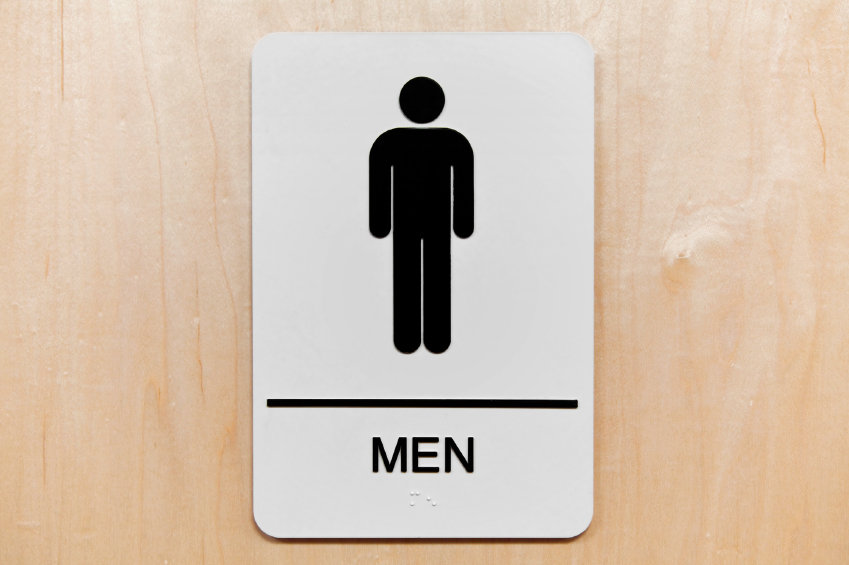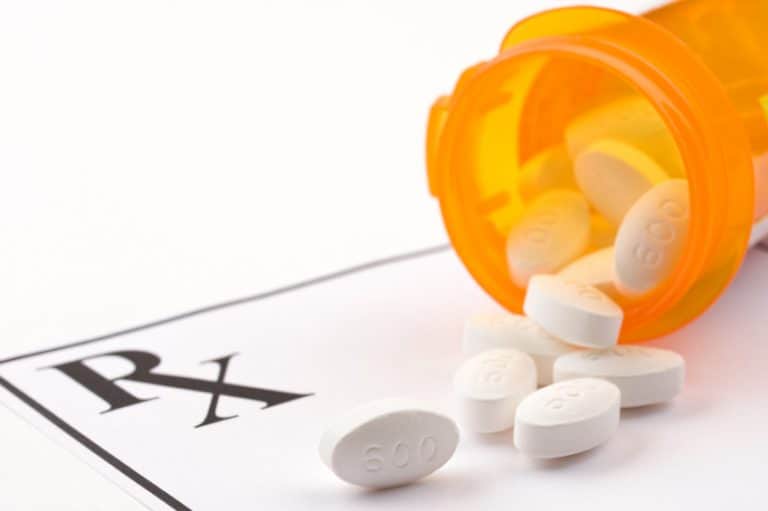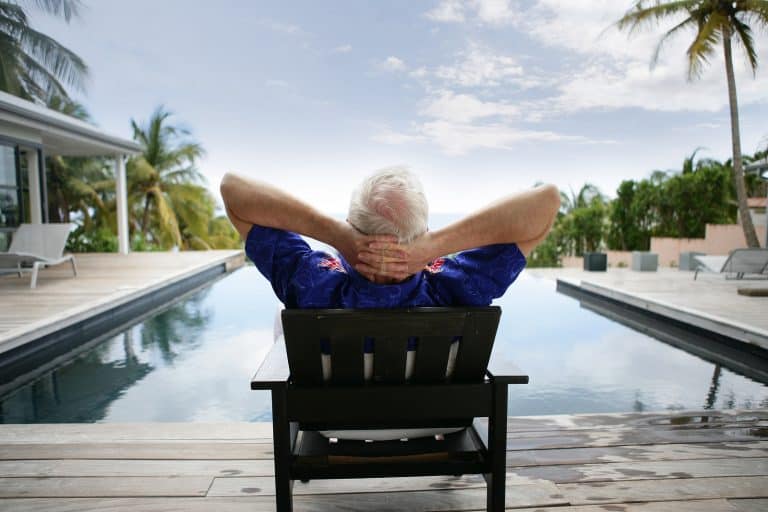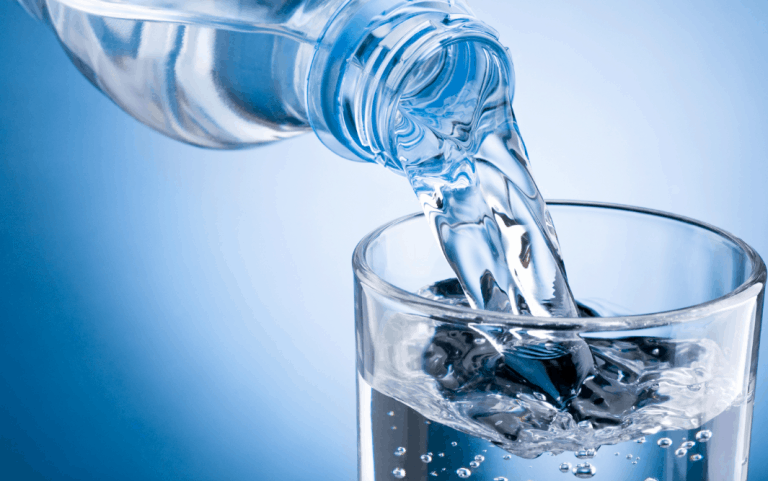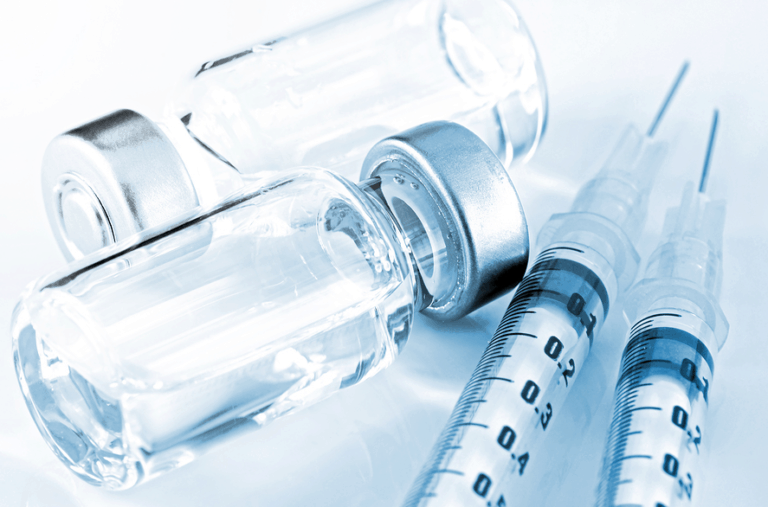The layer of tissues in the urinary tract (called the epithelium) plays many important roles in maintaining the health of urinary tract tissues. In the case of chronic prostatitis/chronic pelvic pain syndrome (CP/CPPS), a dysfunction epithelium is a condition in which the epithelium has been damaged and therefore does not function properly. Other names for dysfunctional epithelium include epithelial dysfunction and endothelium dysfunction.
Whatever you call this condition it is associated with bladder pain and interstitial cystitis, which is chronic inflammation of the bladder wall. Some experts believe that prostatitis and bladder pain/interstitial cystitis fall into a similar category. One reason they believe this is that men who have CP/CPPS often respond to a specific test in the same way as men who have bladder pain/interstitial cystitis.
What causes this? Causes of epithelial dysfunction include:
- smoking,
- lack of exercise,
- high blood pressure,
- metabolic syndrome, and
- diabetes.
A study published in Urology Times linked epithelial dysfunction with prostatitis and cardiovascular disease. The authors showed that men with CP/CPPS had a higher incidence of endothelial dysfunction and stiff arteries than did men without prostatitis. These results suggest men who have CP/CPPS may be at greater risk of developing cardiovascular disease than men without prostatitis.
How do you treat dysfunctional epithelium? Doctors may prescribe medications such as:
- antihistamines,
- tricyclic antidepressants, and
- heparinoid compounds.
There are a number of natural and alternative prostatitis treatments that you may find helpful in relieving prostatitis symptoms related to dysfunctional epithelium. Look to phytotherapy (using quercetin and pollen extracts together with probiotics) and other supplements that support urinary health. Since both diabetes and high blood pressure are some of the causes of dysfunctional epithelium, you might also consider making some dietary changes and avoiding certain foods that can help support your cardiovascular and diabetic health as well as your prostatitis symptoms. Managing stress might also be worth considering as well as losing weight, exercising more, doing acupuncture, and using sitz baths to relieve the pain. You can combine these natural and alternative treatments as a drug-free multimodal approach to getting relief.

